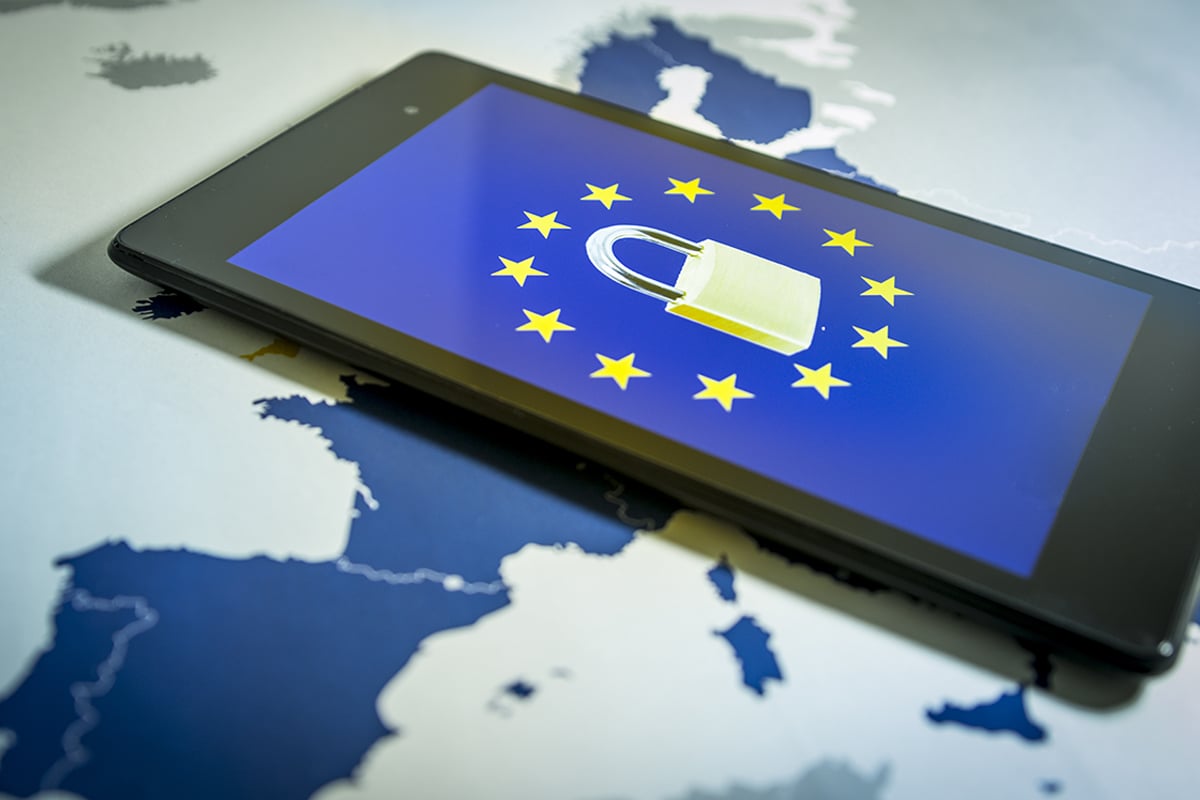In a major regulatory move, the European Union (EU) has increased its scrutiny of six leading tech companies, which includes giants like Apple, Amazon, and Microsoft, aiming to curtail their overarching digital influence. This initiative seeks to offer consumers more digital options and bolster fair competition.
The EU’s Digital Markets Act now classifies Google’s parent company Alphabet, Meta (previously Facebook), and ByteDance, the company behind TikTok, as online “gatekeepers.” These companies will now face stringent regulations to avoid monopolizing the digital realm. Non-compliance could lead to severe penalties, including significant fines or a directive to divest certain segments of their business to function in Europe.
For European consumers, this could translate into a more integrated digital experience. They might soon be able to communicate across different platforms, have more control over personalized ads, and select their preferred browser instead of a pre-determined choice.
This movement is part of a broader digital regulation overhaul by the EU that started earlier this year, following a new set of guidelines from the Digital Services Act.
Thierry Breton, the European Commissioner overseeing digital policy, voiced his support on a platform, stating that dominant online corporations would now have to abide by EU guidelines. He emphasized the DMA’s role in enhancing consumer choices and paving the way for budding competitors.
The European Commission further clarified that a platform would earn the “gatekeeper” label if it played a pivotal role in connecting businesses and customers, by offering “core platform services.” This encompasses services from the likes of Google Chrome, Microsoft Windows, WhatsApp by Meta, TikTok, and intermediaries like Amazon Marketplace and Apple’s App Store.
These tech behemoths now have half a year to align with the Digital Markets Act, pushing them to modify their operational tactics.
The primary objective here, as Alexandre de Streel, a European law expert, puts it, is to dismantle the “walled gardens” approach and offer users more freedom in their digital navigation.
A few salient points from the DMA include:
– Companies cannot hinder users from interacting with external businesses. This could nudge Apple to diversify its App Store accessibility.
– Communication platforms should be inter-compatible. For instance, a Telegram user could potentially send messages to someone on WhatsApp.
– Online platforms must not prioritize their goods or services in search outcomes over competitors.
– Personal data amalgamation for ad profiling is prohibited unless explicit consent is obtained.
– Essential applications should not be pre-installed with the OS, giving users the autonomy to select their preferred applications.
While Google acknowledges some of these measures, Meta and TikTok are still assessing the implications. Amazon has committed to collaborating with EU authorities on its rollout strategies, whereas Microsoft has accepted its “gatekeeper” status but hopes for certain exemptions.
TikTok expressed its dissent over the EU’s decision, with EU public policy chief Caroline Greer emphasizing TikTok’s role in diversifying an otherwise stagnant industry.
Companies flouting these regulations could be penalized with up to 10% of their annual global earnings, with habitual violators facing even sterner consequences, possibly even a corporate split.
In what is seen as a monumental stride toward regulating the digital dominance of tech giants, the European Union’s new directives are a clear reflection of its commitment to consumer rights and fair competition. As Big Tech grapples with these evolving regulations, the digital landscape in Europe is set for a transformative era, which could influence global norms. It remains to be seen how these regulations will reshape industry practices, but the move unmistakably sets a precedent for other regions contemplating similar oversight.







